1. Introduction to Steel Poultry Farm Structure
The Steel Poultry Farm Structure represents a modern and efficient approach to poultry housing, combining advanced steel construction technologies with farm-specific design principles. This structural solution uses high-quality galvanized steel frames and insulated panels to create durable, safe, and environmentally controlled environments for poultry farming.
With the increasing demand for sustainable and scalable poultry production, steel poultry farm structures have gained immense popularity globally. They offer superior resistance to harsh weather conditions, pests, fire, and corrosion compared to traditional wooden or brick structures. The modular and prefabricated nature of steel poultry farm structures also enables rapid assembly, flexibility in farm layout, and ease of maintenance.
These structures are engineered to optimize bird welfare, biosecurity, and operational efficiency. Whether it’s a small-scale poultry farm or a large commercial operation, steel poultry farm structures provide a reliable foundation to support poultry growth and production goals.
2. Technical Specifications and Parameters
Steel poultry farm structures come in a variety of sizes and configurations tailored to specific farming needs. Here are typical technical parameters:
2.1 Structural Components
Frame Material: Hot-dip galvanized steel or stainless steel with corrosion-resistant coating
Steel Grade: Usually Q235 or Q345 steel
Frame Thickness: Between 1.5 mm to 3 mm
Wall Panels: Insulated sandwich panels with polyurethane, EPS, or mineral wool cores for thermal insulation
Roof Panels: Insulated or corrugated galvanized steel sheets with weatherproof coating
Dimensions:
Length: Customizable, commonly between 10m and 100m
Width: 6m to 20m
Height: Eave height 3m to 6m; ridge height 4m to 8m
2.2 Environmental Control Systems
Ventilation: Combination of natural and mechanical ventilation including ridge vents, sidewall vents, and exhaust fans
Insulation: High-quality panels ensure temperature regulation and energy efficiency
Lighting: Use of natural light panels and energy-efficient LED lighting
Doors & Windows: Sliding or hinged doors with insect-proof mesh windows
2.3 Load and Durability Specifications
Wind load resistance up to 120 km/h or customized per location
Snow load capacity up to 0.5 kN/m² or higher as needed
Fire resistance as per local building codes
Corrosion resistance through galvanization and protective coatings
2.4 Optional Accessories
Automatic feeding and watering systems
Environmental monitoring systems (temperature, humidity, ammonia sensors)
Biosecurity features including footbaths and disinfection chambers
Internal partitions and cages
3. Features of Steel Poultry Farm Structure
3.1 Robust and Durable Steel Frame
The galvanized steel frame ensures long-term structural integrity and resistance to deformation caused by weather or operational loads.
3.2 Modular and Prefabricated Design
Components are prefabricated off-site and designed for fast on-site assembly. Modular design allows for easy expansion or modification.
3.3 Efficient Environmental Management
Insulated panels and ventilation systems create an ideal microclimate for poultry, enhancing growth and health.
3.4 Fire and Pest Resistance
Steel is inherently fire-resistant and resists damage from termites and rodents.
3.5 Low Maintenance and Easy Cleaning
Steel surfaces and modular layouts simplify maintenance and promote biosecurity.
3.6 Customizable Layouts and Sizes
Structures can be tailored to broiler farms, layer operations, breeder farms, or specialty poultry types.
4. Advantages of Steel Poultry Farm Structure
4.1 Long Lifespan and Cost Efficiency
Steel structures typically last over 20 years, with lower maintenance and repair costs compared to wood or brick.
4.2 Quick Installation and Reduced Labor Costs
Prefabrication accelerates construction timelines and reduces onsite labor.
4.3 Improved Bird Welfare and Productivity
Controlled temperature, ventilation, and lighting support healthy poultry growth and higher production rates.
4.4 Enhanced Biosecurity
Steel surfaces resist pathogens and allow easy cleaning and disinfection, minimizing disease risks.
4.5 Flexibility for Future Expansion
Modular design allows farms to expand or reconfigure structures easily as business grows.
4.6 Environmentally Sustainable
Recyclable steel and energy-efficient insulation panels support sustainable farming practices.
5. Applications of Steel Poultry Farm Structure
5.1 Commercial Broiler Farms
Large-scale broiler farms benefit from robust housing that supports rapid growth and turnover.
5.2 Layer Hen Operations
Structures designed for egg production with optimized ventilation and lighting.
5.3 Breeder and Hatchery Facilities
Customized interiors facilitate breeding, incubation, and brooding processes.
5.4 Organic and Free-Range Farms
Steel structures integrated with outdoor runs provide secure shelter.
5.5 Small to Medium Scale Farms
Affordable, scalable solutions tailored to farm size and production goals.
5.6 Research and Educational Institutions
Flexible layouts support experimental poultry farming and training.
6. Installation and Usage Instructions
6.1 Site Preparation
6.2 Assembly Process
Inspect and prepare prefabricated components
Erect steel frame with bolted or welded connections
Install wall and roof panels
Fit doors, windows, and ventilation equipment
Connect utilities and optional automation systems
6.3 Environmental Setup
Test ventilation and climate control equipment
Adjust lighting and feeding systems
Ensure waste drainage systems operate efficiently
6.4 Operational Best Practices
Maintain strict hygiene and regular cleaning
Monitor environmental parameters and bird health
Follow recommended stocking densities
Schedule routine maintenance and inspections
7. Maintenance and Durability Tips
7.1 Corrosion Protection
7.2 Cleaning and Disinfection
7.3 Structural Checks
7.4 Equipment Servicing
Service fans, sensors, feeders, and water systems regularly
Replace worn parts according to manufacturer guidelines
8. Frequently Asked Questions (FAQs)
Q1: How fast can a steel poultry farm structure be constructed?
Typically within 1-4 weeks depending on size and complexity.
Q2: Are these structures customizable?
Yes, farms can tailor dimensions, layout, insulation, and accessories.
Q3: Can steel poultry structures withstand extreme weather?
Yes, they are engineered for local wind, snow, and temperature conditions.
Q4: What is the typical lifespan?
With proper maintenance, steel poultry farm structures last 20-30 years or more.
Q5: How do these structures improve biosecurity?
Smooth steel surfaces and easy-to-clean panels reduce disease transmission risks.
Q6: Can I expand my poultry farm structure later?
Modular designs facilitate easy expansion and reconfiguration.
Q7: What types of poultry are these structures suitable for?
Broilers, layers, breeders, and specialty poultry.
Q8: How energy-efficient are steel poultry farm structures?
Insulated panels and ventilation reduce heating/cooling costs significantly.
9. Conclusion
Steel poultry farm structures provide a modern, reliable, and scalable solution for poultry housing. Their robust design, environmental controls, and biosecurity features help poultry farmers enhance productivity and animal welfare while reducing operational costs.
Whether for commercial broiler production, layer hen operations, or specialty poultry farming, investing in a steel poultry farm structure offers long-term benefits. Fast construction, flexibility, and durability make steel farm structures the preferred choice for poultry farmers worldwide.
Company Profile
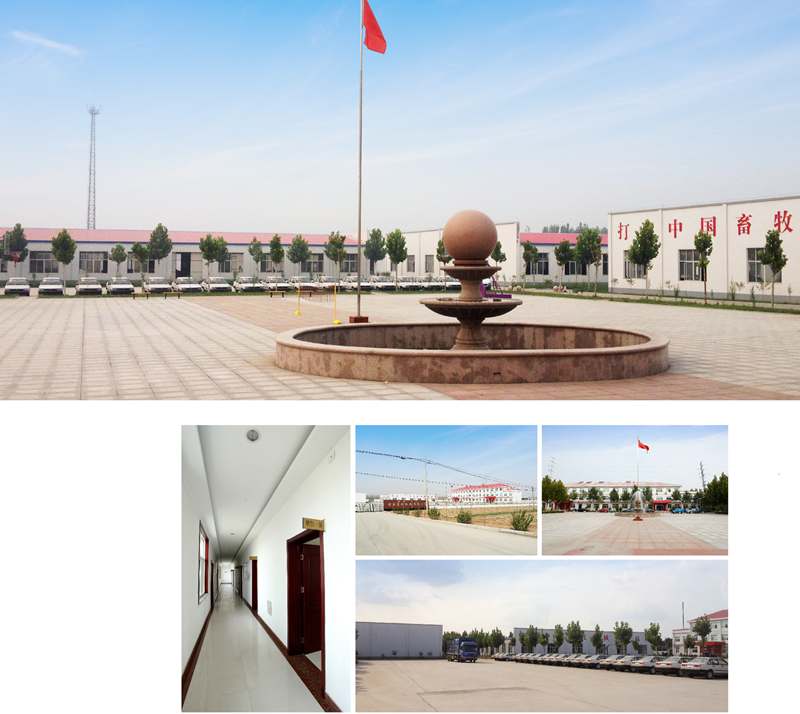
Shandong Huimin Qinle Livestock Machinery Co., Ltd. (formerly Shandong Huimin Qinle Livestock Machinery Factory) is a professional poultry equipment manufacturer with over 20 years of experience. We offer a comprehensive service package, from design (land and chicken coops), production (equipment and prefabricated steel coops), installation, commissioning, customer training, and after-sales service.
Located in Huimin County, Binzhou City, Shandong Province, China, the company has extensive experience in mechanical processing and manufacturing, as well as livestock machinery production and operation. With fixed assets of RMB 15 million, the company employs 160 people, including 30 R&D staff, and occupies a 40,000-square-meter factory. Equipped with over 110 pieces of advanced precision production equipment, including CNC machining centers and laser cutting machines, the company boasts a production capacity of RMB 50 million.
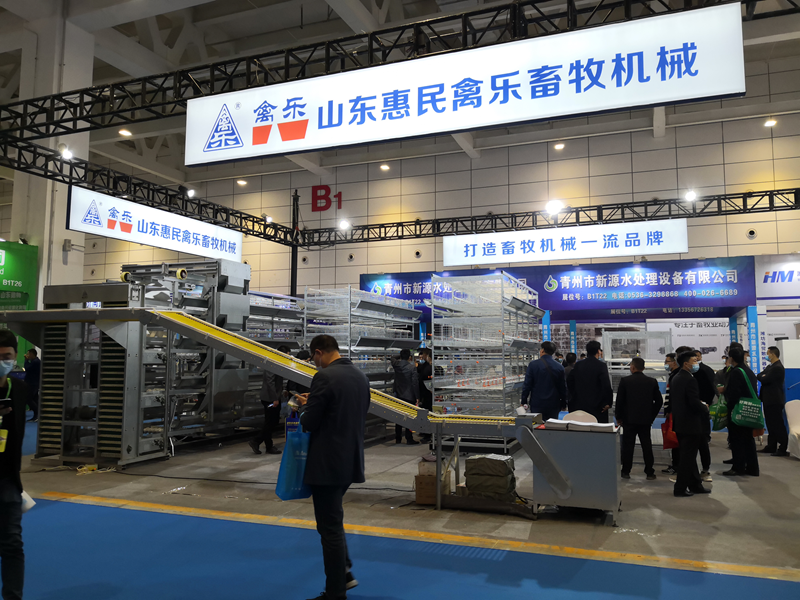
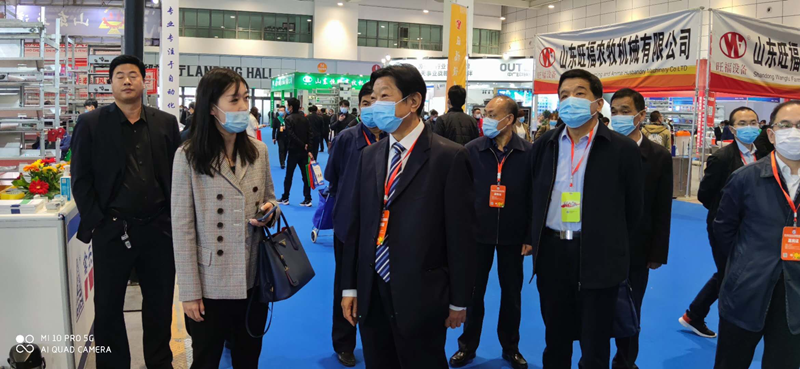
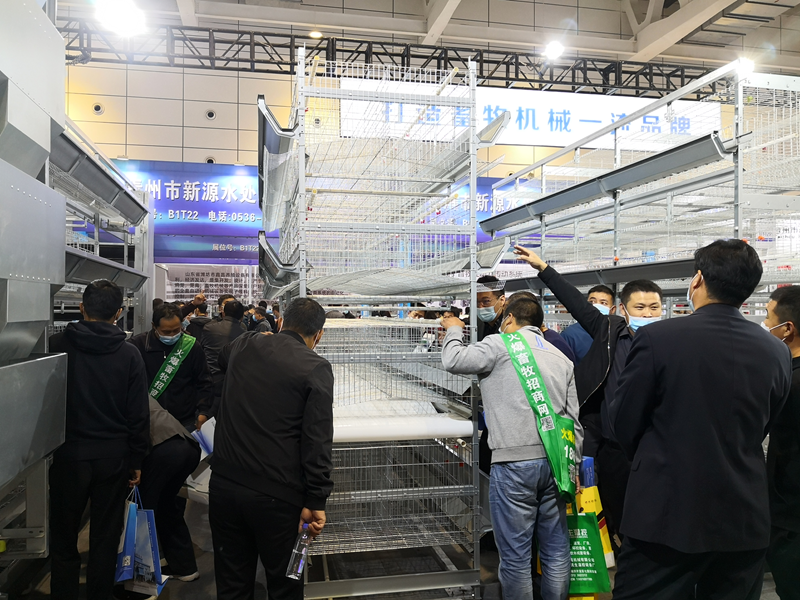
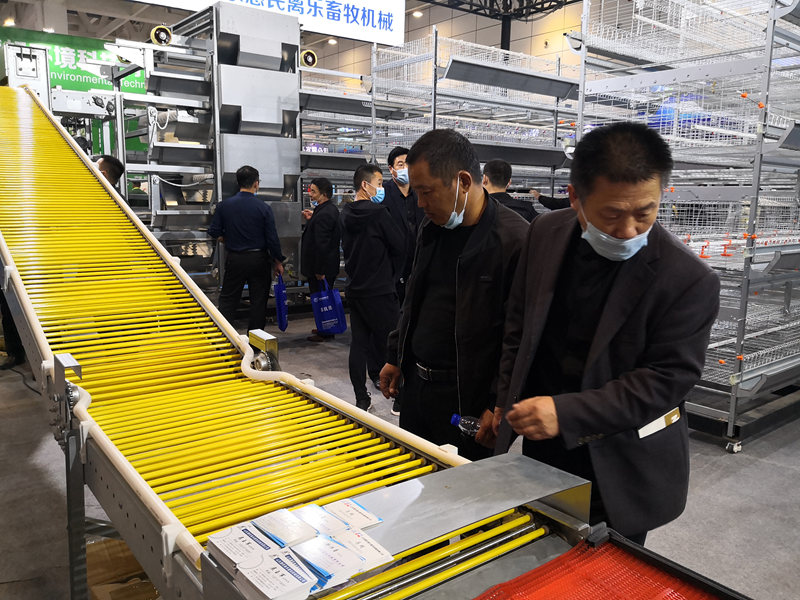
Chicken Farming Equipment Mesh Production Workshop

Machining Workshop
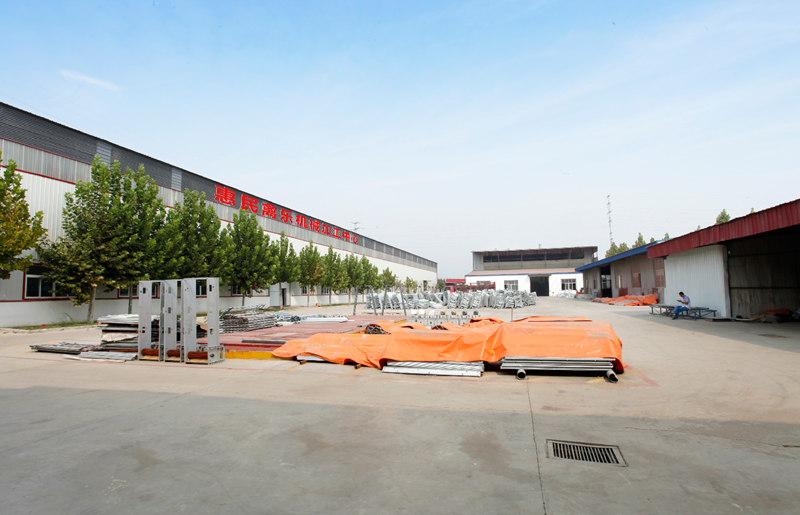
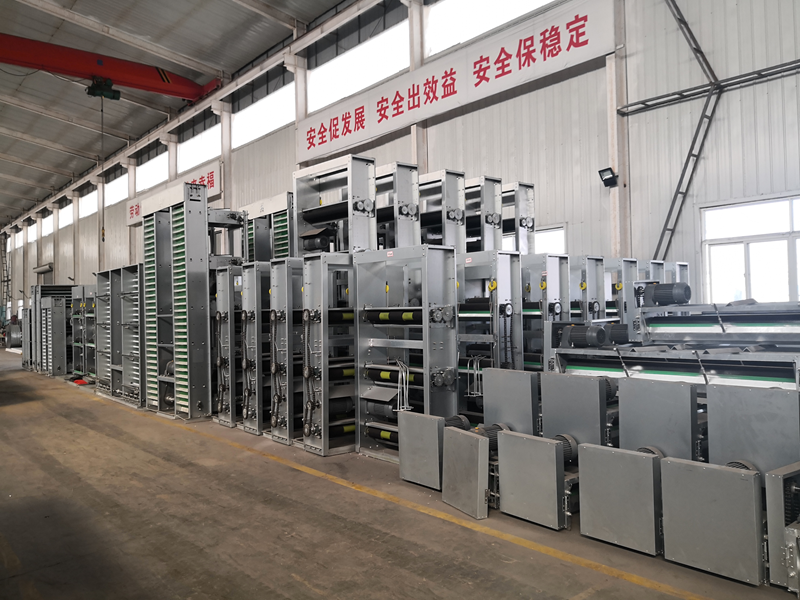
Turret-type CNC Punch Press, Laser Cutting and Other Machining Equipment
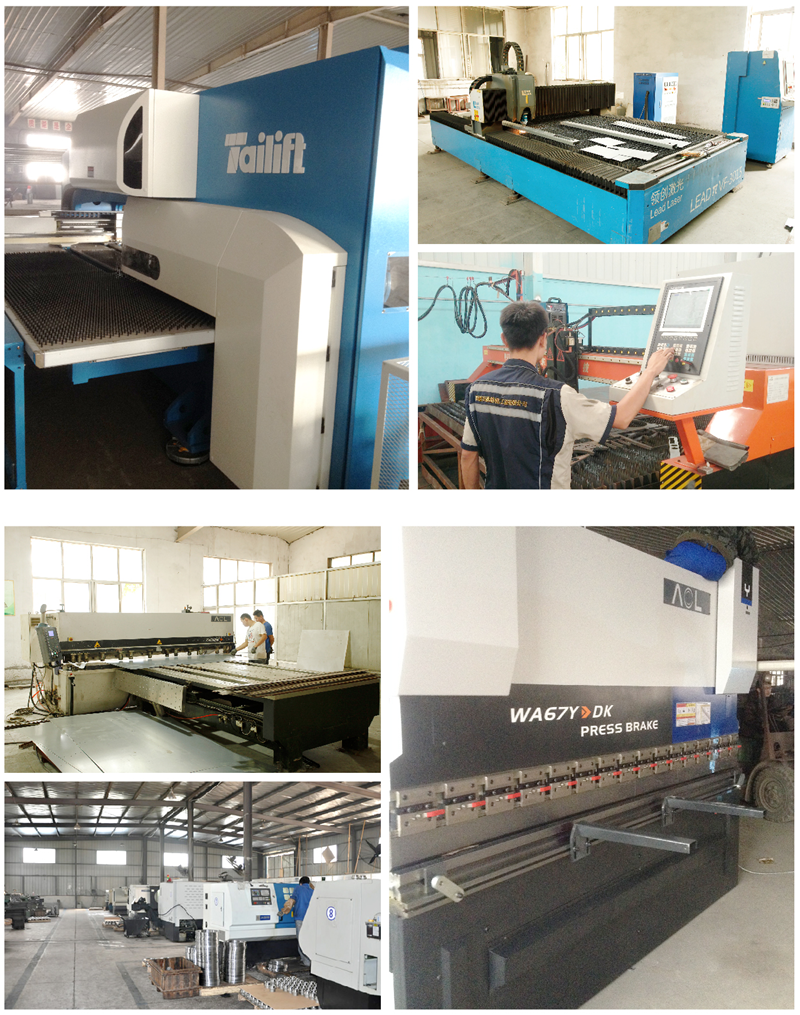
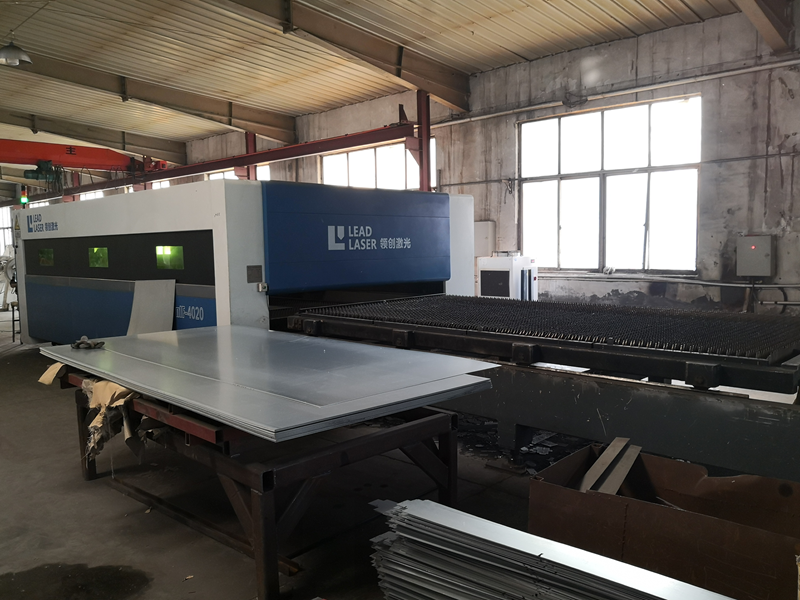

Fully Automated Roll Forming Production Line

Hot-dip Galvanizing Production Line

Electroplating Production Line
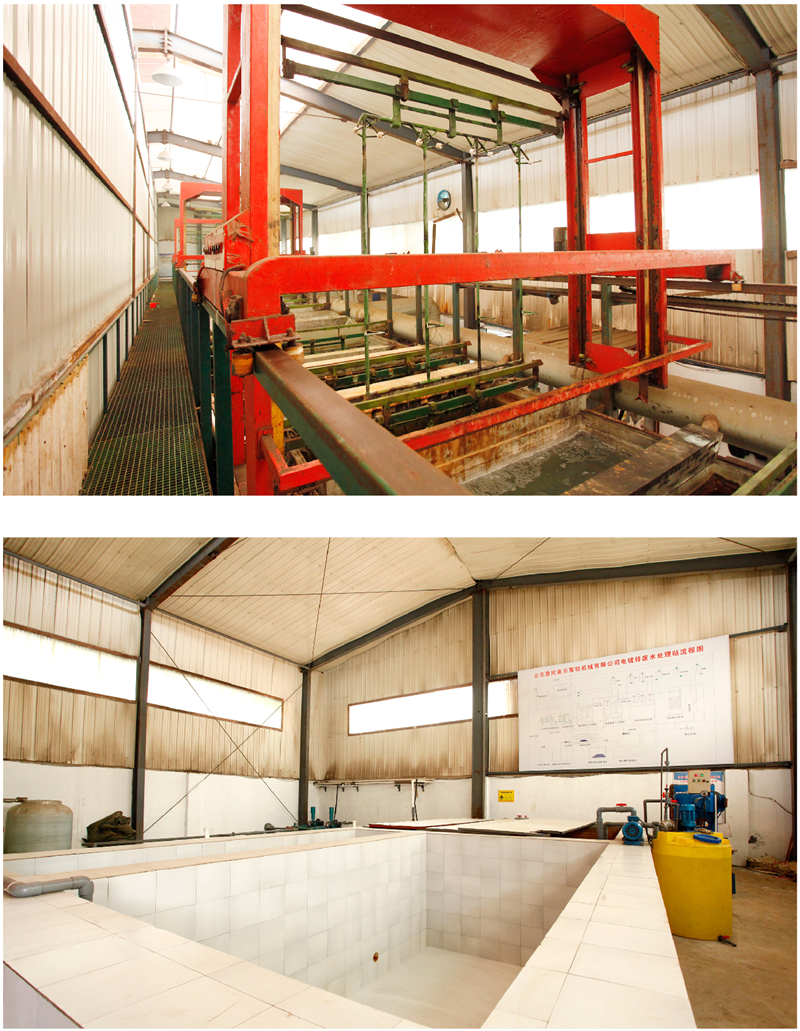
Environmental Protection Equipment
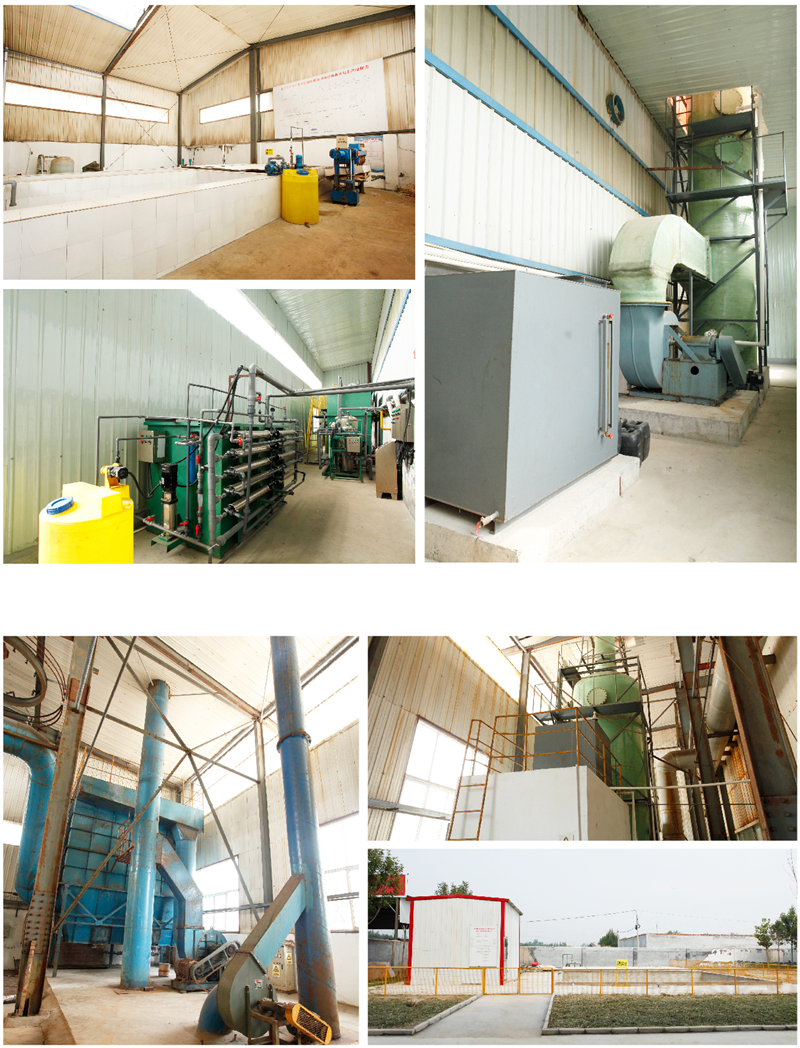
Chicken Farming Equipment Product Series
Egg-laying Hen Farming Equipment
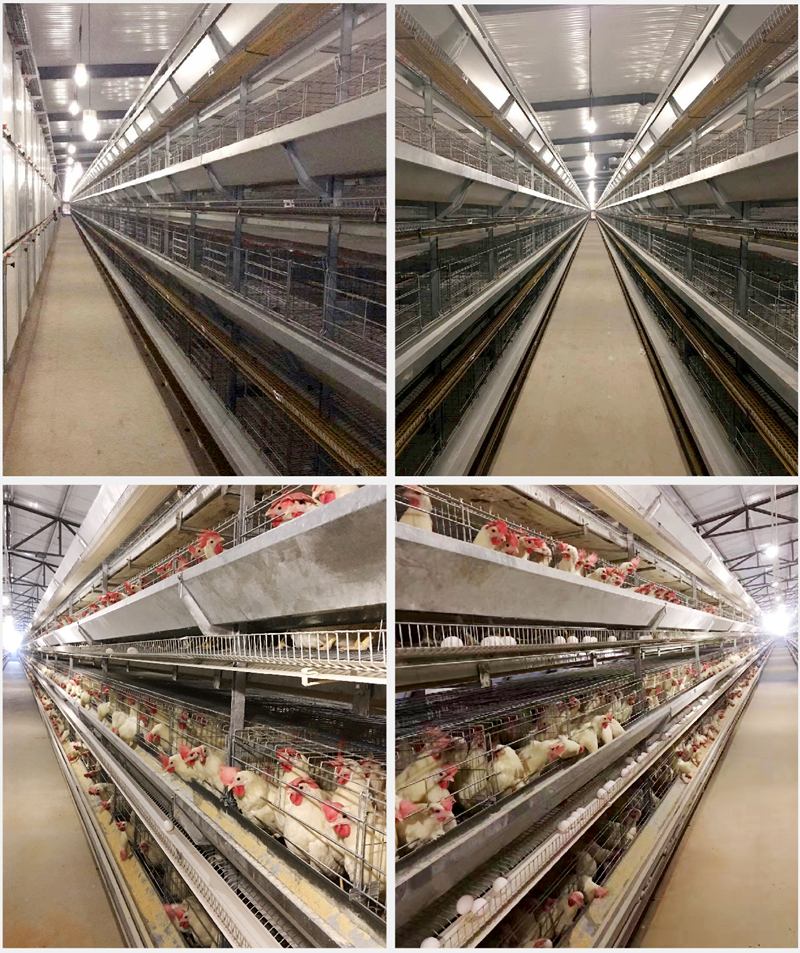
Stacked Brooding Cage Equipment

Stacked Broiler Cage Equipment
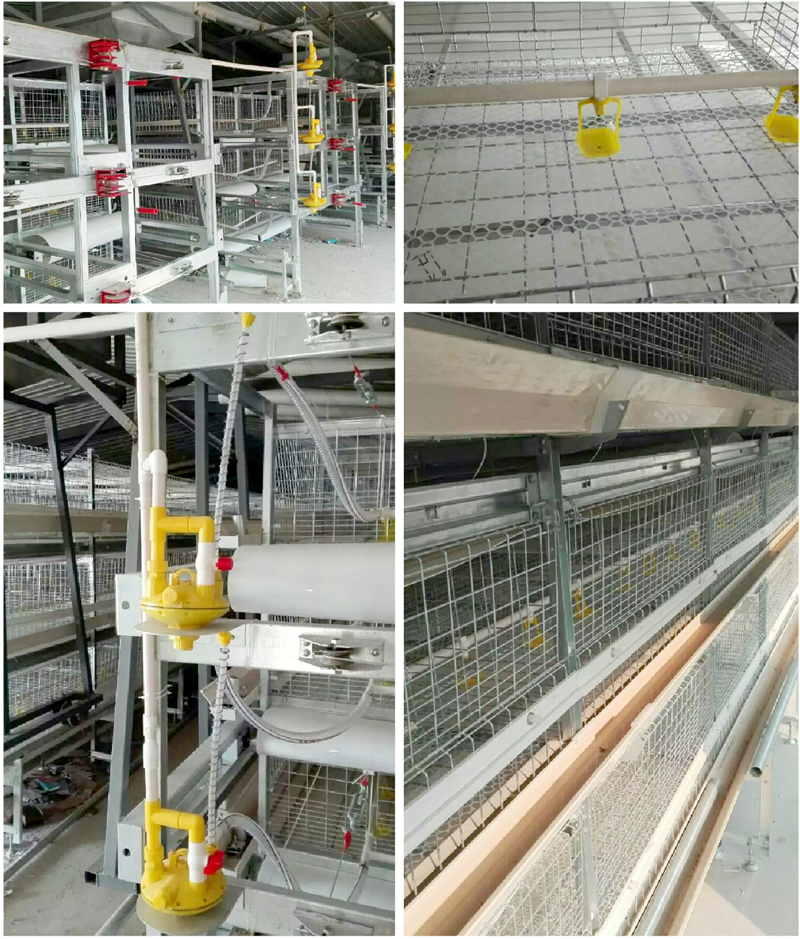
Stepped Layer Hen Cage Rearing Equipment
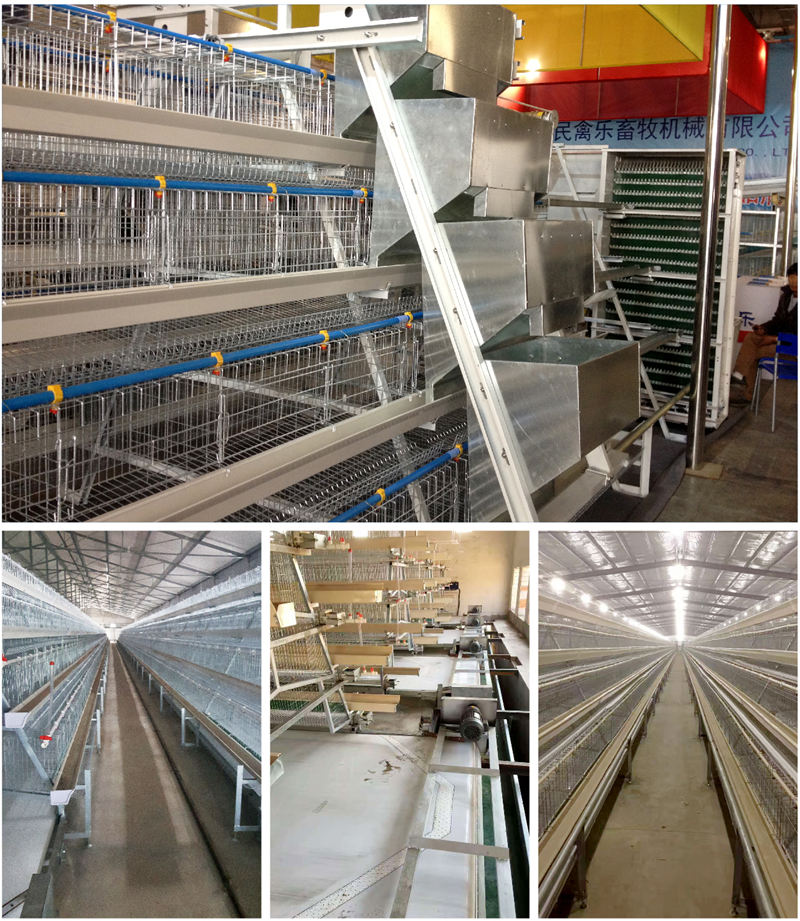
Automatic Egg Collection System
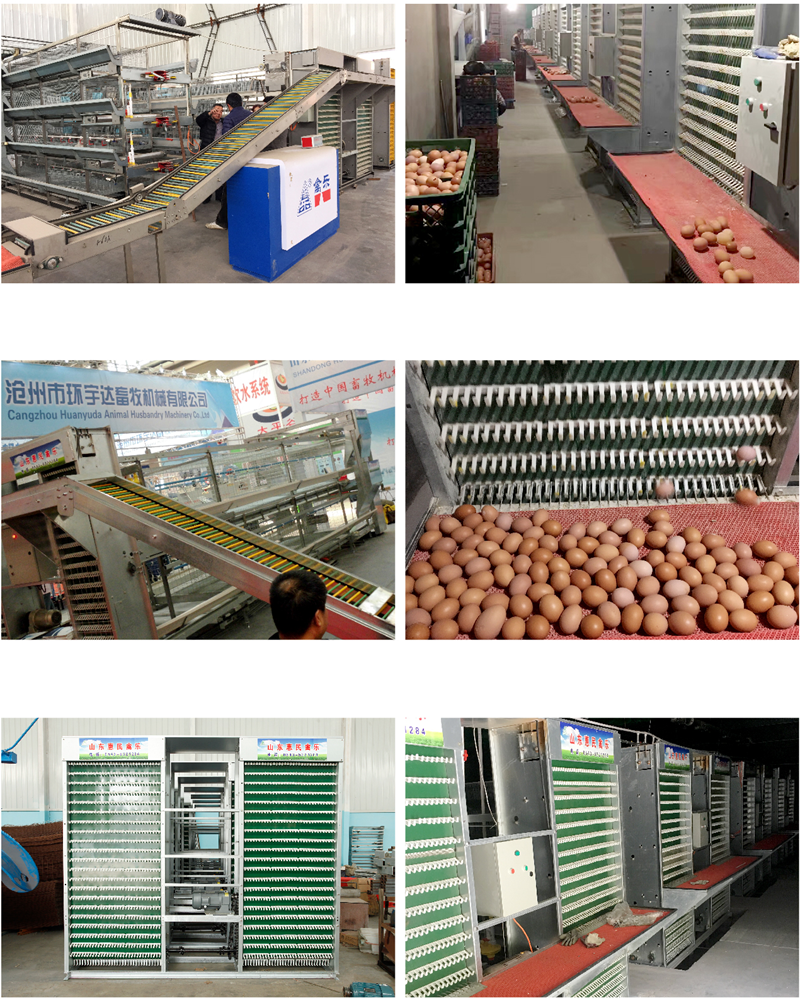
H-type Cage Feeding Machine
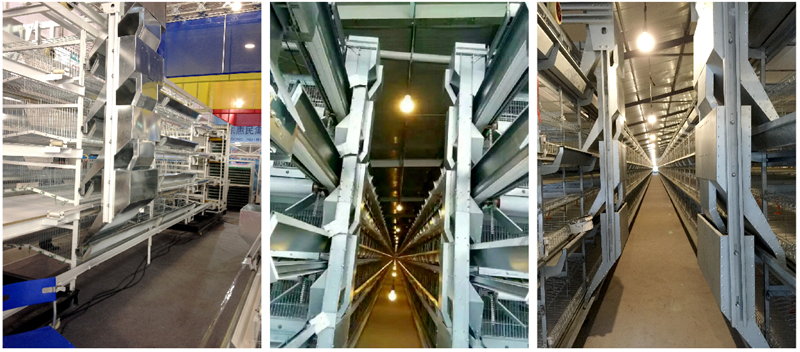
Stepped Cage Straddle Feeder
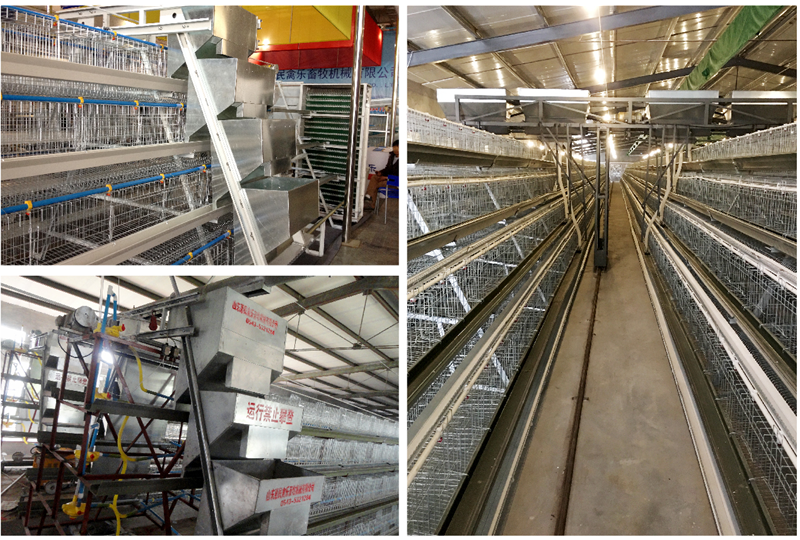
Manure Removal Machine
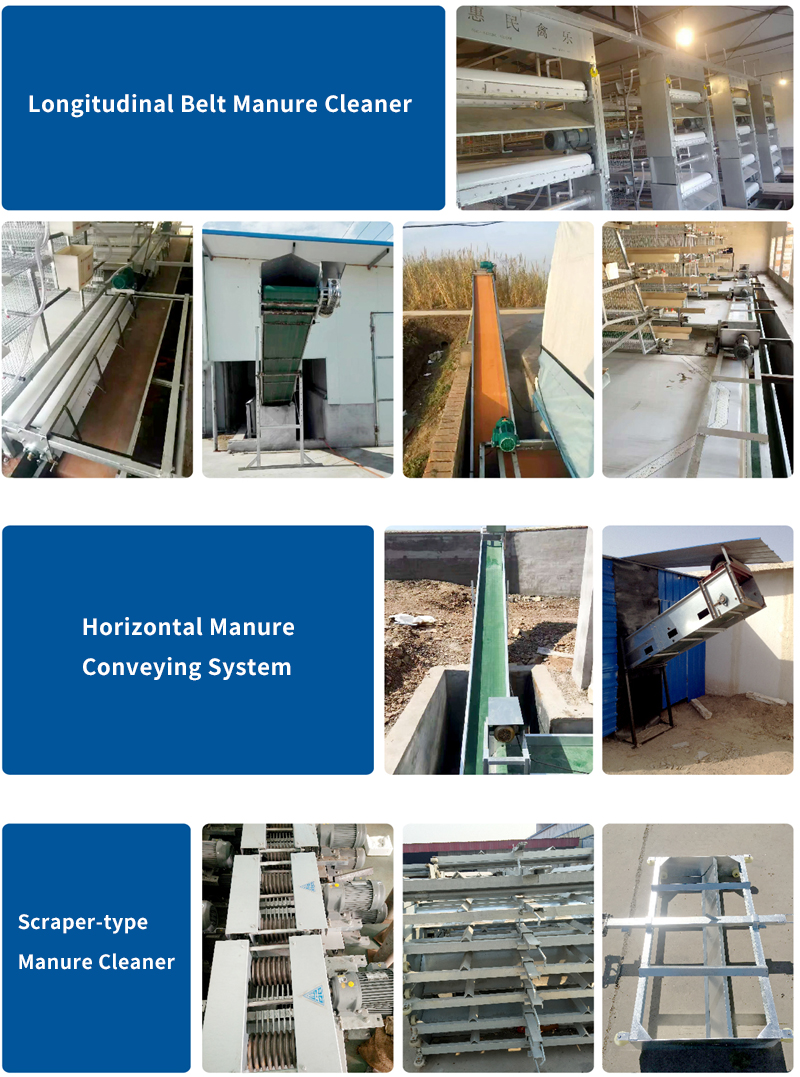
Fans, Heated Curtains, Environmental Control Systems, and Lighting Equipment
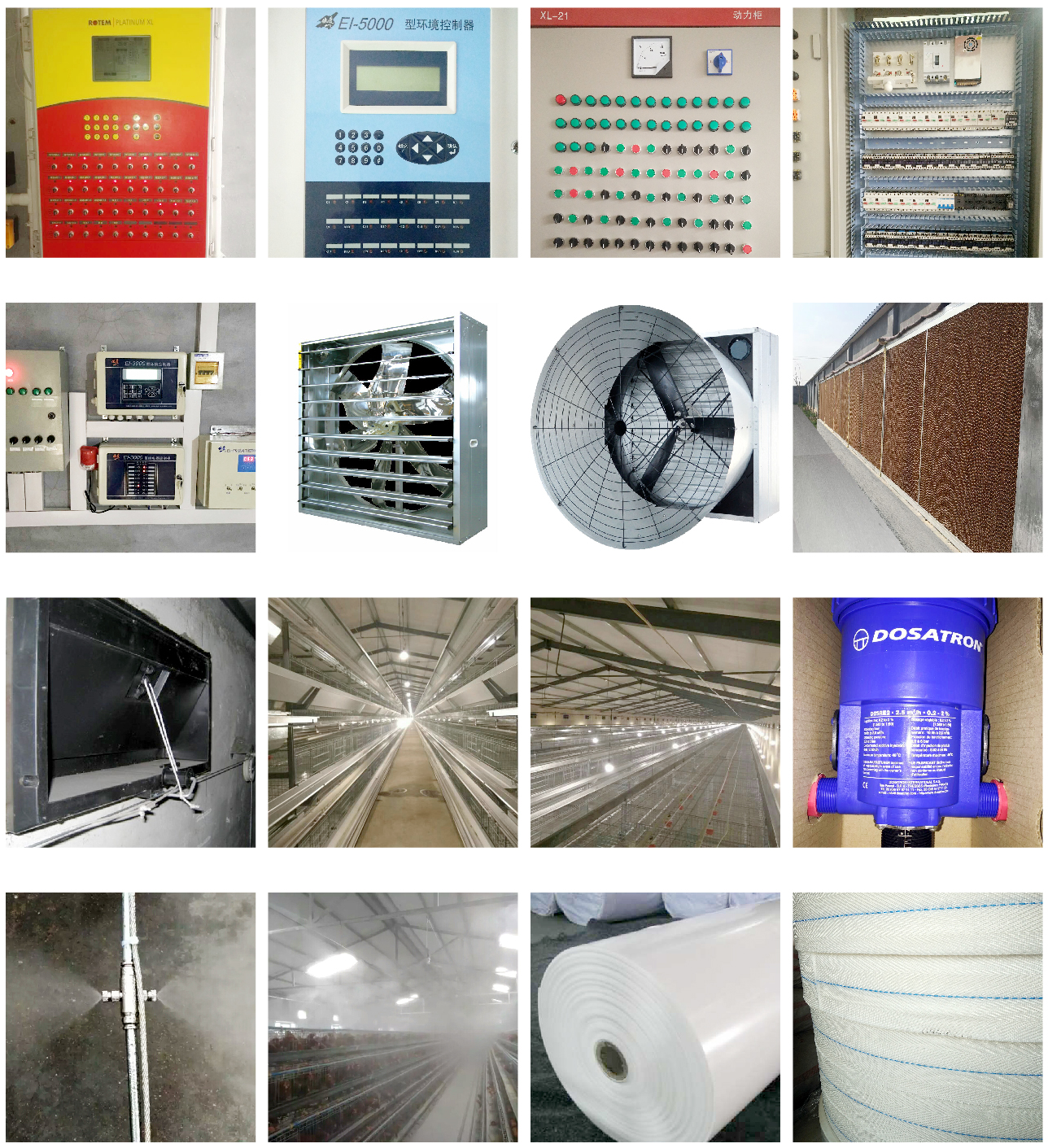
Complete Set of Equipment for Organic Fermentation Treatment of Manure
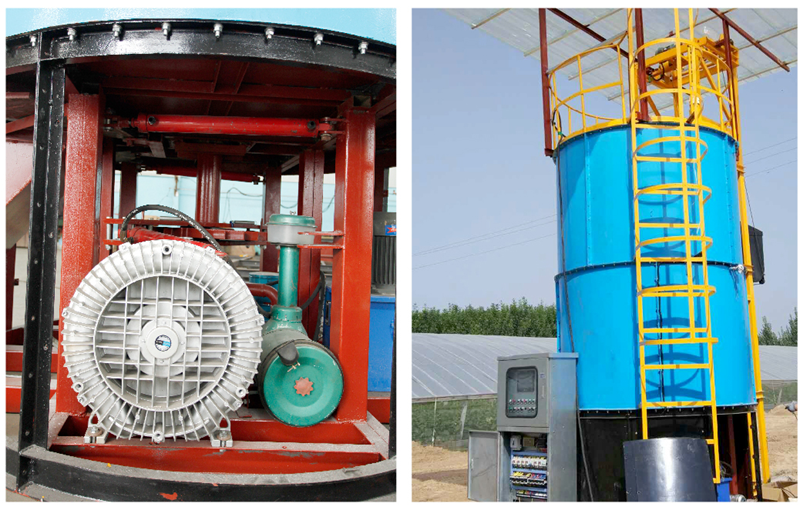

 Catalogue
Catalogue































 Whatsapp
Whatsapp Telefon
Telefon